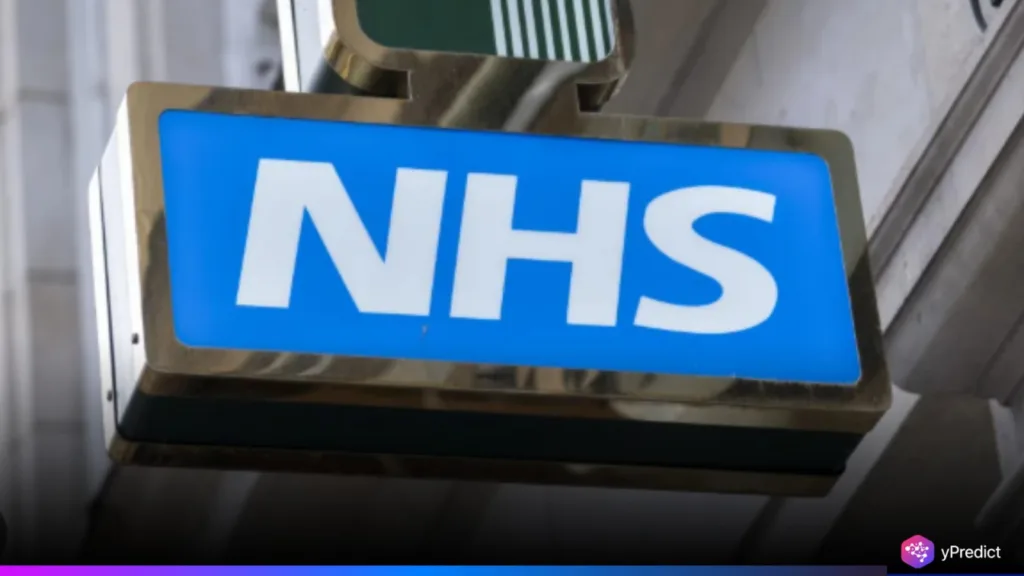
In a groundbreaking move for patient safety, the NHS will deploy the world’s first AI-driven safety alert system in healthcare. Health Secretary Wes Streeting announced the initiative, referencing missed warning signs in cases like Lucy Letby and Harold Shipman. The AI tool will analyse NHS data to flag unusual patterns in patient outcomes and staff behaviour for early action. This advanced technology represents a major step in how the NHS identifies and addresses clinical safety risks across the system.
AI-Powered Overhaul: A New Era for Patient Safety in the NHS
According to The Telegraph, the UK will become the first country to launch a national AI system for patient safety monitoring. As part of a 10-year healthcare modernisation plan, the system will analyse real-time data from hospitals and community care services. It will identify early signs of preventable harm, helping health authorities act before safety issues worsen across NHS facilities. When problems are flagged, the Care Quality Commission will send specialist teams to investigate and enable faster intervention.
Health Secretary Streeting, unveiling the initiative, emphasised its potential to transform safety standards across the NHS. He said,
While most treatments in the NHS are safe, even a single lapse that puts a patient at risk is one too many. Behind every safety breach is a person, a life altered, a family devastated, sometimes by heartbreaking loss.
The decision follows a string of serious NHS failures, including the conviction of nurse Lucy Letby for murdering seven infants and the Mid Staffordshire scandal, where poor care led to an estimated 1,200 deaths.
As part of the response, the NHS will launch an AI-driven maternity safety program in November to improve care outcomes. The program will help NHS trusts detect unusually high rates of stillbirths, neonatal deaths, and brain injuries in real time. When alerts are triggered, they will prompt immediate clinical reviews and swift responses to potential risks. This initiative aligns with a wider investigation into systemic maternity care failures reported by families who felt dismissed and misled.
Real-Time Data, Faster Interventions, and Palantir’s Controversial Role
The AI system will run on the NHS Federated Data Platform, which integrates patient records from hospitals and care services. U.S. tech firm Palantir, known for its ties to intelligence and defence sectors, will help support and maintain the platform. The Department of Health and Social Care has pledged full compliance with privacy laws governing patient data use. However, Palantir’s involvement continues to raise public concerns about surveillance and its potential long-term access to NHS data.
Despite this controversy, officials argue the technology is necessary to prevent tragedies that traditional systems failed to anticipate. The Telegraph quoted a Whitehall source saying that,
It is an early warning system where there is no room for human error; once the trend is spotted, they will send in human teams to investigate. When we look back at cases like Letby, alarm bells should have been ringing about deaths at Countess of Chester long before they were. With other scandals like Shipman, the patterns were there. The question is always, how did no one spot it?
The government asserts that this shift to predictive, AI-driven monitoring marks a turning point for healthcare governance. Instead of waiting for complaints, whistleblower reports, or delayed audits, the NHS will operate a safety surveillance network that is both real-time and autonomous.
Conclusion
While the government sees the AI rollout as a key step toward a digital NHS, critics like Professor Nicola Ranger of the Royal College of Nursing warn that severe staff shortages pose a greater risk to patient safety. She stressed that without enough frontline workers, AI alerts may go unaddressed.
Despite these concerns, the government is pushing forward with its 10-Year Health Plan, which also targets preventive care, community-based services, and public health measures such as calorie reduction in food retail. Moreover, Streeting envisions a fully modernised NHS, with goals like robotic surgeries making up one in eight procedures by 2035. The challenge ahead lies in balancing technological progress with critical investment in the healthcare workforce.






